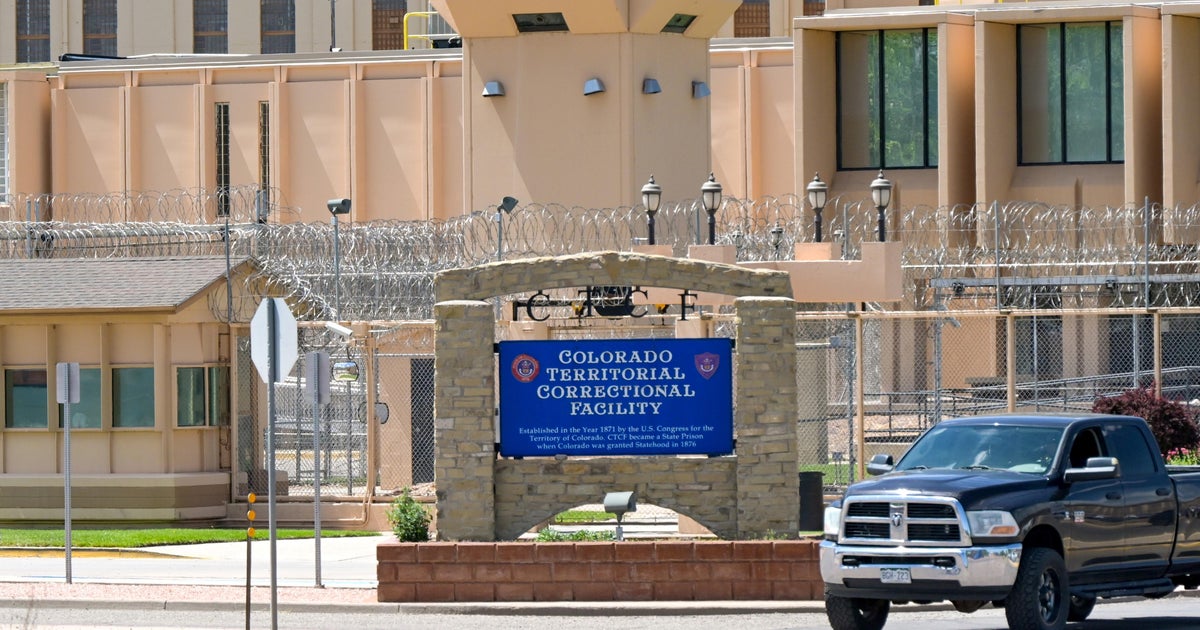Al-Qaida Member Who Flipped And Helped US Gets Time Served
Follow CBSDFW.COM: Facebook | Twitter
NEW YORK (AP) - A federal judge on Thursday decided to spare a terrorist known as Bashir the American a long prison term after he switched sides and became a prized U.S. government cooperator, sentencing him to time served, about eight years.
The admitted terrorist, Bryant Neal Vinas, grew up in obscurity on Long Island but became a militant Muslim convert, relocated to an outlaw region of Pakistan and schemed with senior al-Qaida members on how best to attack the Long Island Rail Road.
Vinas, called Bashir al-Ameriki, was sentenced in federal court in Brooklyn on charges he tried to kill American soldiers and provide support to al-Qaida before Pakistani authorities captured him in 2008 and turned him over to the United States.
In a letter to U.S. District Judge Nicholas Garaufis, prosecutors wrote that once in custody, Vinas, 34, of Patchogue, eagerly became what "may have been the single most valuable cooperating witness" in efforts to identify members of al-Qaida, pinpoint their hideouts and disrupt their terror plots in the late 2000s when the nation was still reeling from the Sept. 11 attacks.
Vinas will be released in 90 days. He'll be on probation for life.
Prosecutors haven't revealed details of classified FBI reports they gave to the judge to show the depth of cooperation known to have prompted security alerts on mass transit systems around New York City. But in court papers, they said Vinas "did 100 interviews, reviewed approximately 1,000 photographs and contributed to the opening and closing of more than 30 investigations."
Vinas also testified at the trial of one of three New York City men convicted in a foiled plot in 2009 to bomb the subways and gave statements against French and Belgian defendants accused of going to Pakistan to join al-Qaida.
The government didn't recommend a sentence, but the defense argued the cooperation came at great risk and should be rewarded with a term of time served.
"While Mr. Vinas cannot take back his mistakes, he has done everything in his power to make up for them, and as a result, he will spend the rest of his life with a target on his back," his lawyers wrote in court papers.
Vinas' family declined through his lawyers to talk about him. But the court papers give some glimpses of his background -- how his parents divorced at age 10, how he washed out of the Army after only a few weeks in 2002 and how he left the Catholic faith in favor of an extremist form of Islam in 2004.
After that, he "became increasingly angered by what he perceived to be the persecution of Muslims by Western countries" and decided to travel to North Waziristan in 2007 to retaliate, the papers say.
After agreeing to become a suicide bomber for a splinter jihadist group, he was introduced to al-Qaida operatives, who had him train in explosives and heavy weapons. He admitted participating in two rocket attacks on U.S. forces.
The rare American-born recruit caught the attention of al-Qaida leaders who wanted to draw on his knowledge as a regular rider of the LIRR and the New York City subways, authorities said. In the summer of 2008, Vinas recommended placing a suitcase bomb that could explode on a moving train, preferably inside the tunnel where a number of train lines converge on Manhattan, a scheme that apparently was never set in motion.
Vinas' lawyers call him "a complex individual now on the path to redemption," with hopes of becoming a counterterrorism expert.
Prosecutors sound less hopeful, saying he still needs supervision, mental health treatment and vocational training. Though he is no longer a terror threat, they wrote, it is difficult "to evaluate Vinas' current mindset ... because he has become increasingly withdrawn and less willing to communicate."
(© Copyright 2017 The Associated Press. All Rights Reserved. This material may not be published, broadcast, rewritten or redistributed.)







